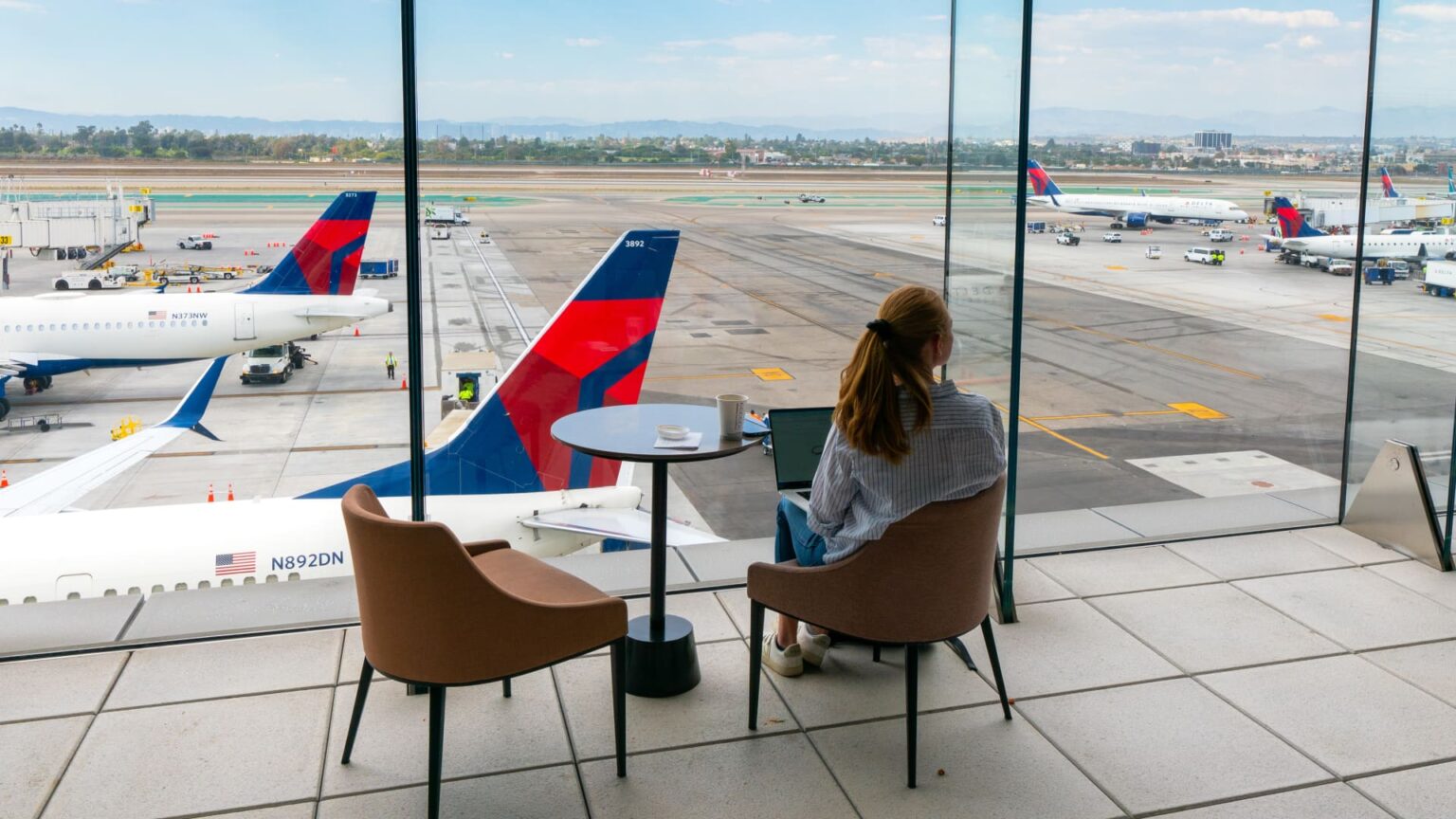Airlines Adjust Strategies Amid Economic Uncertainty
Recent forecasts from major U.S. airlines, including Delta Air Lines and Frontier Airlines, indicate a cautious outlook for 2025 as economic indicators signal potential headwinds. Executives cite a weakening domestic economic landscape and declining demand as key factors influencing their revised growth projections.
Cloudy Economic Forecasts
The airline sector often reflects broader economic trends, and current signals suggest a downturn. Both Delta and Frontier have expressed concerns over reduced bookings, particularly in corporate travel, as economic conditions remain unpredictable.
Factors contributing to this cautious stance include:
- Uncertainty stemming from former President Donald Trump’s trade policies
- Mass layoffs within government sectors
- A decline in international visitors, especially from Canada
- Weaker demand for budget domestic flights as consumer confidence declines
“I think we’re acting as if we’re going to a recession,” remarked Delta CEO Ed Bastian in a recent interview. He noted a noticeable shift in consumer sentiment as more travelers adopt a defensive outlook regarding travel planning.
New Focus on Premium Travel
To counteract these challenges, airlines are increasingly targeting affluent leisure travelers who may continue to spend on upscale flying experiences. This strategic pivot is following a period of post-pandemic recovery that was largely driven by high-value customers.
Spirit Airlines has exemplified this shift, incorporating marketing lines from popular culture that resonate with a desire for comfort in travel, particularly for their premium seating options, marketed as “Big Front Seats.”
Airlines have responded to consumer preferences by expanding luxurious airport lounges and upgrading in-flight offerings. Major carriers like Air France and Lufthansa have recently introduced spacious first-class cabins, anticipating robust demand in this segment.
Capacity Adjustments and Future Outlook
In light of these trends, Delta and Frontier are reconsidering their growth strategies, particularly with off-peak domestic flights. There is a sense of optimism regarding premium international routes, where demand appears more resilient.
Delta’s president, Glen Hauenstein, noted growth in revenue from premium cabins, suggesting that demand is outpacing that for standard seating. “The premium revenue continues to widen its lead over the main cabin,” he stated, highlighting a shift in consumer appetite toward more comfortable travel options.
United Airlines, a close competitor to Delta, is also focusing on expanding its international influence and enhancing customer experiences with high-end refurbishments and new destinations tailored for a wealthy clientele.
Challenging International Travel Dynamics
Despite optimism in the premium segment, airlines face challenges in the international travel market. Both Delta and United have reported decreases in certain Canada-U.S. routes, amid decreasing interest in U.S.-bound travel which could further widen the current international travel deficit.
The latest data from the U.S. Commerce Department reveals a nearly 13% drop in non-citizen visitor arrivals compared to 2019. This decline may result in competitive fare pricing for international destinations, potentially benefiting travelers looking for affordable options.
Scott Keyes, founder of travel deal site Going, noted that the conditions for traveling to Europe this summer look favorable, suggesting that economic pressures may lead to more competitive pricing.
In conclusion, as airlines navigate economic uncertainties, their strategic focus is shifting to cater to high-value customers while re-evaluating overall growth plans. The interplay between consumer sentiment, economic conditions, and travel preferences will continue to influence the industry’s trajectory in the coming years.
